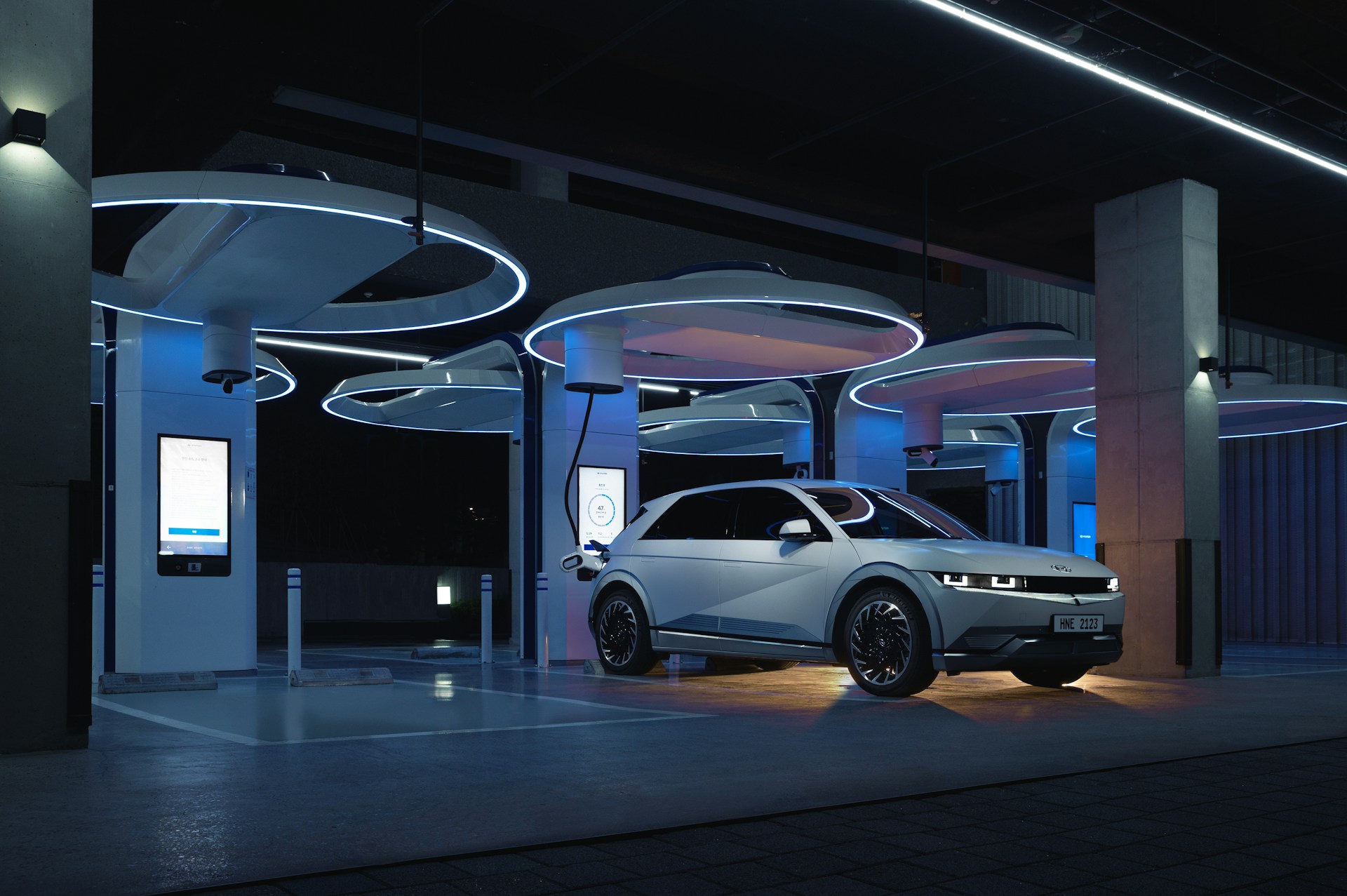
The sight of your Hyundai's check engine light suddenly glowing on the dashboard can be unsettling. This little light serves as a silent messenger, hinting that your vehicle may need attention. While it can be tempting to ignore it, understanding the reasons behind this warning can help maintain your car's health and longevity.
Having your check engine light come on doesn't automatically mean you're facing a major repair. Often, it’s a signal of something minor but worth checking. Knowing the different causes for this alert can save you time and potentially costly repairs, ensuring your car remains in tip-top condition. By staying informed, you're better equipped to decide when to seek professional help, which can keep your Hyundai running smoothly and efficiently.
Common Causes of a Check Engine Light
The check engine light can turn on for various reasons, ranging from simple to more complicated issues. Here are the most frequent causes:
- Loose Gas Cap: Believe it or not, a gas cap that isn't screwed on tightly enough can trigger the light. Ensuring it’s securely fastened is the first and simplest step to consider.
- Oxygen Sensor Issues: The oxygen sensor measures the amount of unburned oxygen in your vehicle’s exhaust system. If this sensor fails, it can affect the car’s fuel economy and increase emissions, prompting the warning light to come on.
- Catalytic Converter Problems: The catalytic converter’s role is to reduce harmful emissions by converting them into less harmful gases. If this component fails, it not only triggers the check engine light but can lead to decreased performance and fuel efficiency.
Imagine driving your Hyundai and suddenly seeing the light flicker on. While it's easy to panic, remembering these common causes can help you stay calm and assess the situation. Checking the gas cap could resolve the issue quickly. If the light stays on, it’s best to consult a professional who can conduct a proper diagnostic check and advise on the necessary steps to take.
What to Do When Your Check Engine Light Comes On
Seeing your check engine light turn on can be unsettling, but addressing it promptly can prevent bigger problems. There are some simple steps to take when the light first appears:
1. Check the Gas Cap: The simplest cause, and often overlooked, is a loose gas cap. Ensure it’s tight and see if the light goes off after driving a few miles.
2. Observe Driving Behavior: Pay attention to how your car is performing. Listen for unusual sounds, notice any unusual smells, and determine if the car feels different while driving.
3. Reduce Speed and Load: If you're traveling with a heavy load or driving at high speeds, it may help to slow down or remove excess weight to see if that affects the light.
4. Schedule a Diagnostic ASAP: If the light remains on, arrange for a diagnostic check as soon as possible. Ignoring this can lead to more costly and complex issues down the road.
Taking timely action can save you from unnecessary stress and expense. Car issues rarely fix themselves and often escalate if ignored, so it’s crucial to respond quickly. If needed, professional help will ensure the best care for your vehicle.
Importance of Professional Diagnosis
Even if your car appears to function well, a check engine warning is reason enough to seek expert inspection. Professionals have the right tools and knowledge to uncover the issue accurately. They can assess everything from faulty sensors to more significant problems affecting engine performance. Getting a Hyundai free diagnostic check in West Islip can provide clarity and save you from guessing.
Professional intervention offers several benefits:
- Accurate Problem Identification: Secures assurance that the exact issue is recognized and addressed, avoiding unnecessary repairs.
- Timely Fixes: Prevents problems from worsening, which helps maintain your car's performance and value.
- Peace of Mind: Knowing a qualified technician has evaluated your car reduces stress and uncertainty.
Understanding the benefits of professional help can encourage prompt action, ensuring your vehicle operates safely and efficiently.
Preventive Measures and Maintenance Tips
Prevention is always better than cure. Regular maintenance can save you from dealing with a check engine light unexpectedly. Here are some strategies to keep your car in optimal condition:
- Routine Oil Changes: Follow the maintenance schedule for oil changes to keep the engine well-lubricated and functioning smoothly.
- Scheduled Tune-Ups: Ensure you’re getting regular tune-ups according to your car's specifications to maintain peak performance.
- Monitor Fluid Levels: Regularly check and refill essential fluids like coolant, brake, and transmission fluids.
- Pay Attention to Warning Signs: If your car starts making strange noises or doesn’t feel right, get it checked before the warning light turns on.
By adopting these preventive steps, your vehicle will likely remain dependable and ready for whatever roads you travel. Regular care and check-ups can help you avoid the worry that a check engine alert might bring.
Don't let a glowing check engine light leave you in the dark. With a clear understanding of potential issues and timely intervention, you can ensure your vehicle's longevity and reliability. Trust the skilled technicians at Atlantic Hyundai to perform a thorough Hyundai free diagnostic check in West Islip, giving you peace of mind and confidence on the road. Book your appointment today and keep your Hyundai running smoothly!

